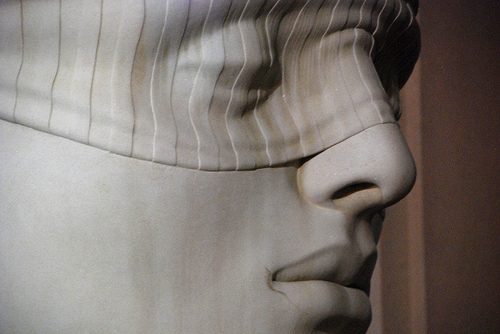
One of the overarching ideas this blog explores is the emerging trend of appealing to international criminal justice in (and in the wake of) conflict situations. The fact that “we no longer consider whether to pursue justice, but how and when” is part of the proliferation of the practice and perhaps more importantly the idea of transitional justice. The speed of TJ’s expansion is striking. It cycled through its celebratory phase, was consolidated as a field of knowledge and practice, and developed a body of critical literature within a decade of its formation as a concept. The tensions that exist within the “field” are also striking; transitional justice often seeks to balance conflicting ideas such as peace and justice, the international and the local, retribution and restoration, law and politics. As a field of knowledge it draws upon competing and conflicting disciplines and as a field of practice it attempts to apply unified narratives to a range of local experiences.
